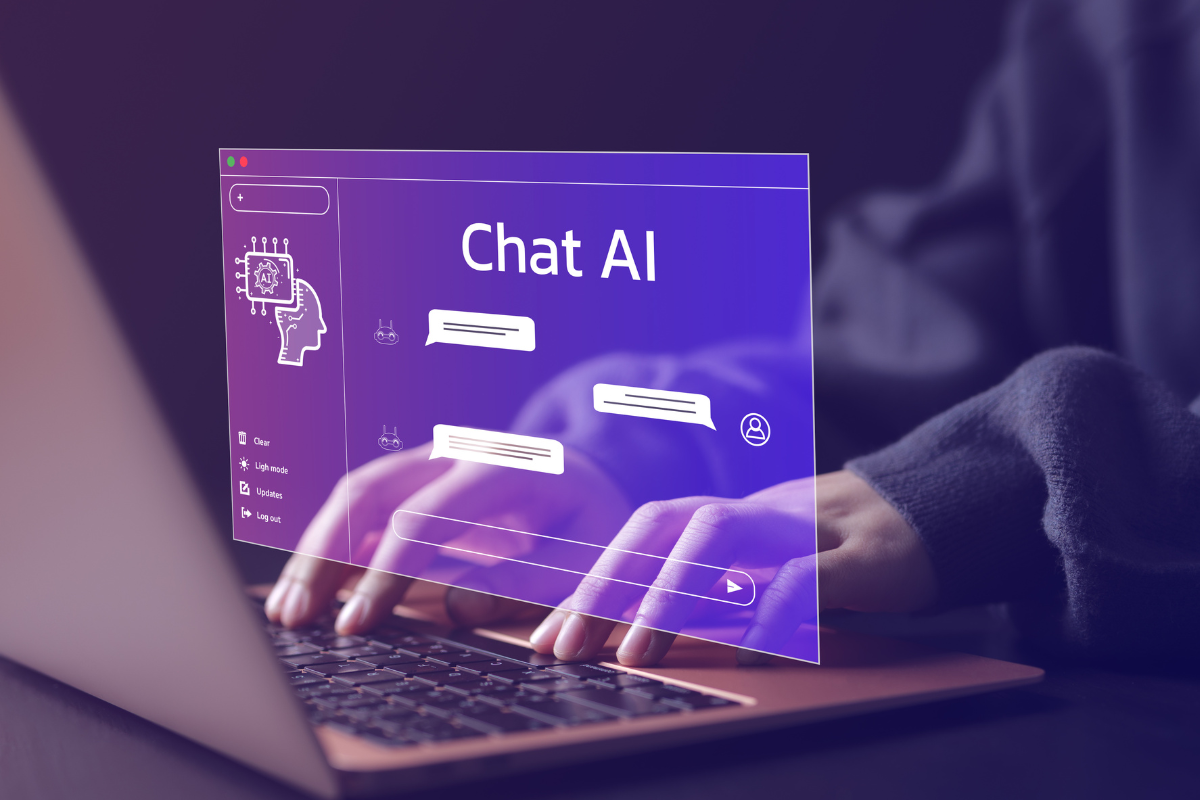OpenAI ChatGPT and Microsoft Copilot have many commonalities, in part because of the long-term partnership between OpenAI and Microsoft. Both AI solutions work as a generative AI assistant. However, while Copilot does share some of the components and functionalities of ChatGPT, they are different tools with different uses and integrations. Here we compare the two and see how they can serve your business.
ChatGPT
ChatGPT is a generative AI solution that uses Large Language Model (LLM) technology and machine learning to respond to human input and create content. OpenAI launched ChatGPT in its first form in late 2022 and since then it has grown significantly.
ChatGPT is now available in four forms:
- Free ChatGPT: This is a good option for initial testing and research. Users can sign up for free and experiment with the application. However, the free version cannot browse the internet and has performance limitations.
- ChatGPT Plus ($20pm): The Plus subscription gives users priority access to the most advanced architecture (currently GPT-4), faster response times and unique additional features.
- ChatGPT Team ($25pm): This includes everything from Plus with additional functionality for team workspaces.
- ChatGPT Enterprise (custom): ChatGPT Enterprise includes the features of ChatGPT Team with some extras, including a dedicated admin console, heightened privacy and security, greater collaboration options and priority support.
Microsoft Copilot
Microsoft Copilot (not to be confused with GitHub Copilot) is Microsoft’s own generative AI solution that can integrate throughout the Microsoft ecosystem for a current monthly cost of £24.70. It is built from OpenAI’s tech, other LLMs and Microsoft’s own resources.
The interactive principles of Copilot are the same as ChatGPT. Users will input queries that will be interpreted and responded to. However, with Copilot’s greater breadth of repositories, including Microsoft Graph and your business’s own Microsoft 365 data, output can be more personalised, contextualised and natural.
Microsoft has also integrated its Copilot AI solution with Microsoft Dynmaics, meaning you are able to use Copilot’s functionality across Dynamic’s CRM and ERP capabilities. This can be a huge advantage for business who want to use generative AI to reduce clerical tasks and to assist in better customer service, sales tasks, to analyse customer insights and for marketing segmentation and campaigns.
You may also be interested in our recent article: UK sectors are facing increased risks of cyber breaches from AI
Comparing Microsoft Copilot and ChatGPT
The assumption may be that both ChatGPT and Microsoft Copilot are two sides of the same coin. They are both generative AI solutions working from LLMs and offer users an intuitive chat-based interface. However, the major difference between the two is application an integration.
ChatGPT is a more general productivity tool that is designed to inspire and support users when creating content, conducting research and creating customer service applications. For this reason, it now integrates with some key CRM systems, most notably HubSpot, Salesforce and Marketo, as well as Microsoft Teams and Slack. It can help to cut down time consuming clerical tasks, freeing staff up for more complex work.
Microsoft Copilot has a narrower focus in that it was created to support users within the Microsoft ecosystem. However, it integrates very well with Microsoft applications, which most businesses are reliant on. It also achieves a greater integration across these systems, giving it a broader spectrum of data to work from that can better support business functions and increase productivity.
If your business is looking to upgrade their current Microsoft applications with AI, Copilot is the way to go. However, if you require a content and chat assistant tool and one that will integrate with a non-Microsoft CRM or collaboration tool, ChatGPT could be the best solution.
Find out more
If you would like to know more about AI solutions for your business, or any other aspect of this article contact Andrew Wayman at andrew.wayman@sdt.co.uk or call our office on +44 (0)1344 870062.

